Question:
My child is 7 years old and has a hard time concentrating at school and following instructions. But my heart really ached when my child told me that he is a kid that nobody likes. Help!Response From Behavior Analyst:
Many kids come to school and experience punishment from other children for the ways they try to start a conversation or play. The rejected kiddo may retreat and push everyone away, because in the past, when doing so, the child avoided pain and humiliation.
How can we create a context for other kids to be gentle and responsive --- and make it safe for the lonely child to connect?
When I was 14 years old, my principal asked if I would help a younger student who had no friends. In an instant, the principal lifted me from my usual role of troublemaker into the role of caregiver. His confidence and trust was motivating, and I liked the new me. He also made an offer: After I worked with this younger kid for a few months, I could take a class that I wanted, and not have to wait until the following year.
I took that lonely kid under my wing, and called attention to the cool things he did. After a while, he was getting high fives instead of being invisible or 'beat up' emotionally. He started to take more risks and eventually he learned how to fit in. (Siblings can be motivated to play caretaker roles too.)
You can try this approach at home: Play a game that enables your child to take on another perspective such as, what could you see if you had the eyes of a superhero? Ask if he can imagine what it's like to get so angry that he turns green and becomes the Incredible Hulk. Discuss how it feels to totally lose control – and what it must be like for the people around him. Maybe they get scared – and then feel confused when the Hulk shrinks back to ‘normal.'
Role play is also a way to explore replacement behaviors. Let's say the teacher is on your child's case to finish an assignment. Ask your kiddo what would be the best way to get some space: Yell and bite the teacher, or request a few extra minutes? Now ask your kiddo if he wants to play the teacher, and you'll play him. Then reverse the roles.
Whatever you do, stay in the present moment. Don't let your mind race towards a bleak future where your child ends up in juvenile detention, or worse. Naturally, you feel anxious at times – but slow it down. See the negative thoughts as passing clouds rather than omens. Otherwise, you could be anticipating and fomenting a danger that isn't there.
Take an active step now. Identify a goal that is attainable and measurable – along with a contingency plan. For example: For the next seven days, I'll do some replacement behavior training with my kiddo when we have a minute of down-time together. And then, I'll wait for my son to ask for help instead of jumping in when he seems lonely. When I smell my own fears, I'll take a deep breath, pause, and imagine my kiddo's proud expression when he rescues himself. If there are objective dangers, say, he walks out into the street without looking, I'll step in. But if it's just me worrying, I'll remind myself that it is often best not to sweat the small stuff.
Thomas G. Szabo, PhD., BCBA-D Florida Tech School of Behavior Analysis

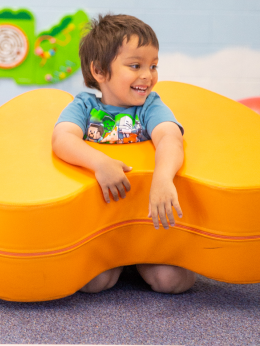


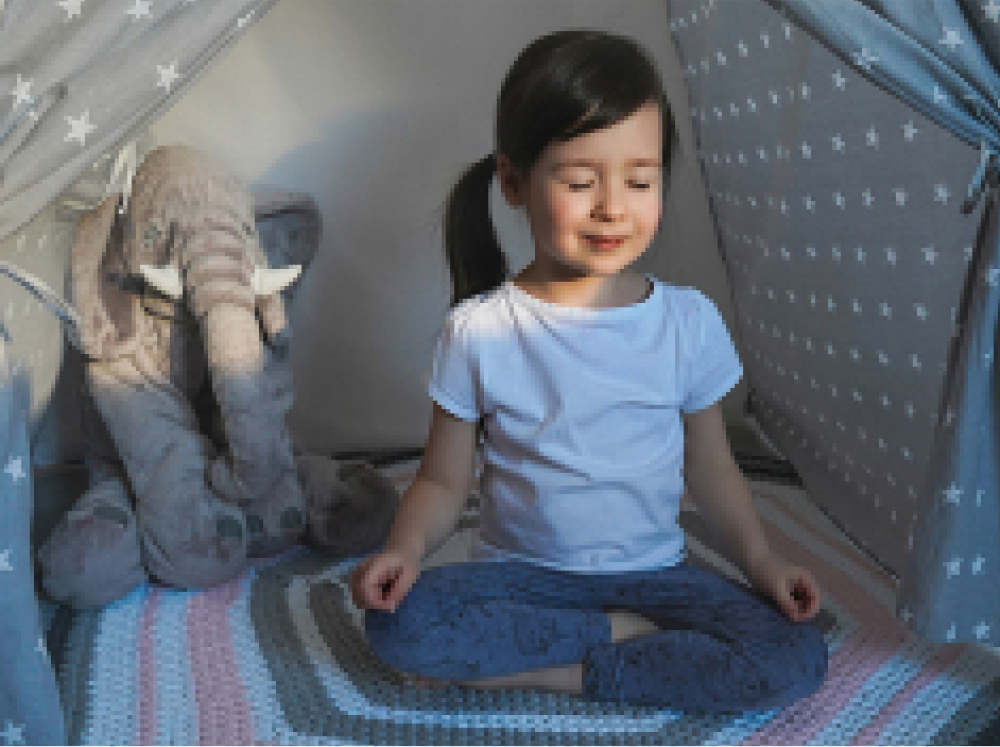
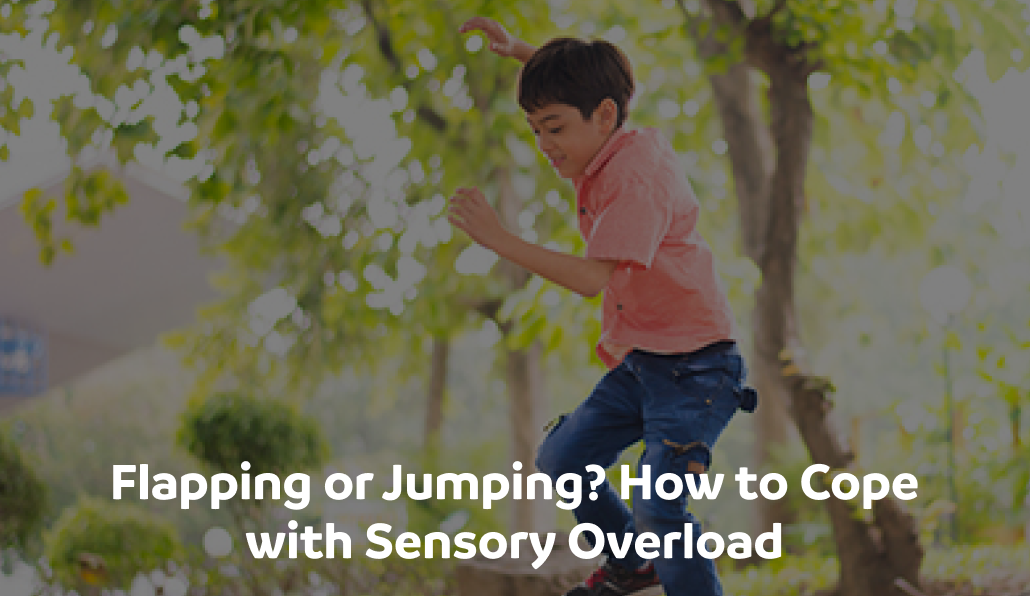
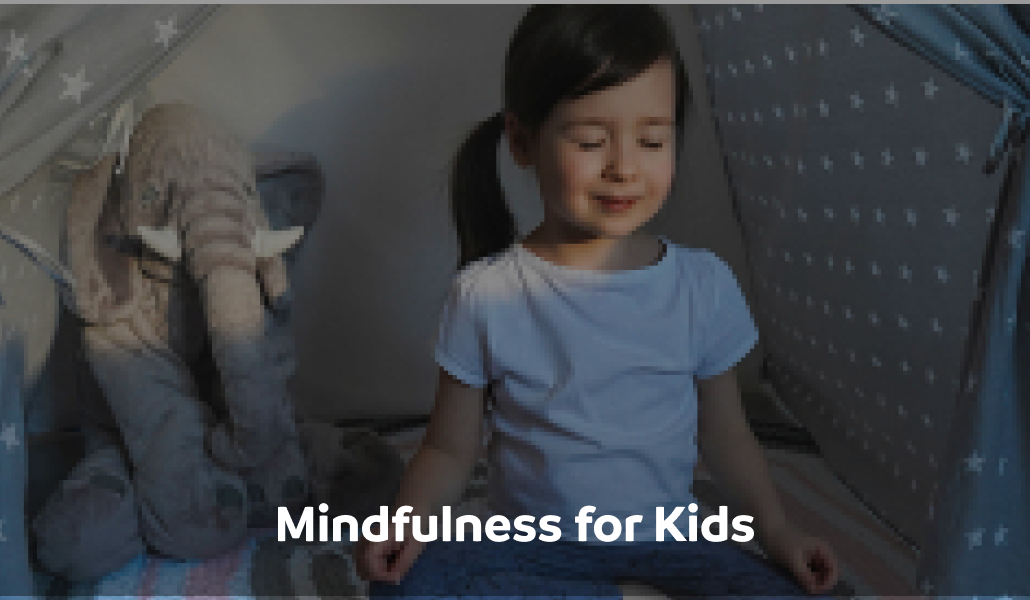
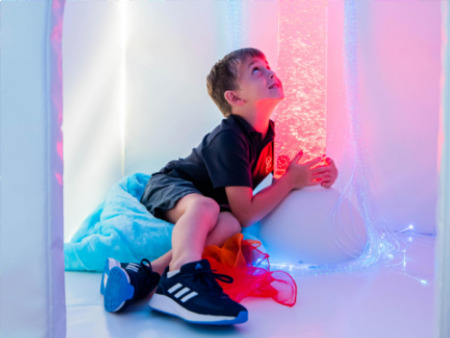



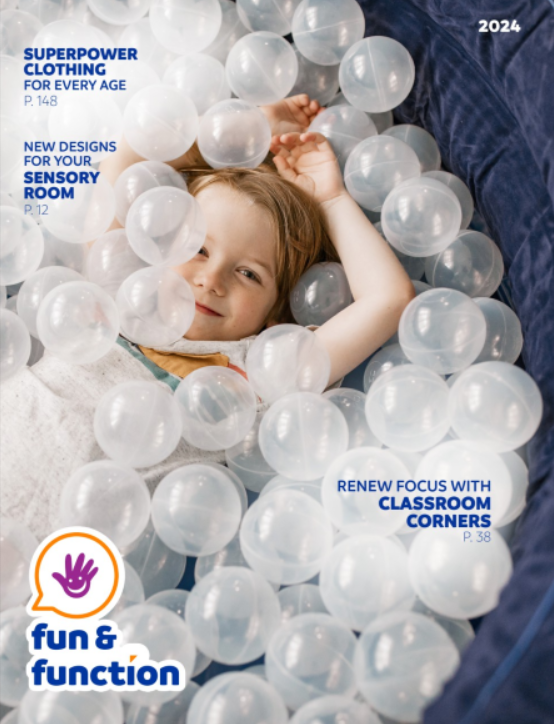
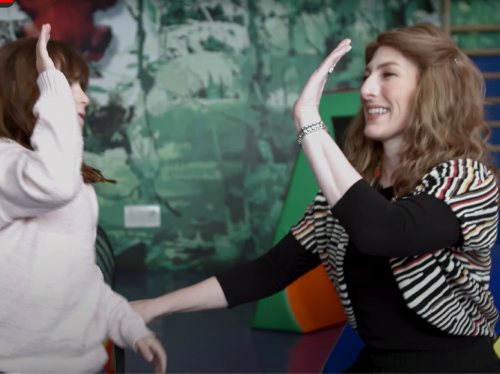

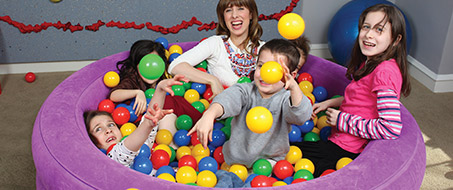




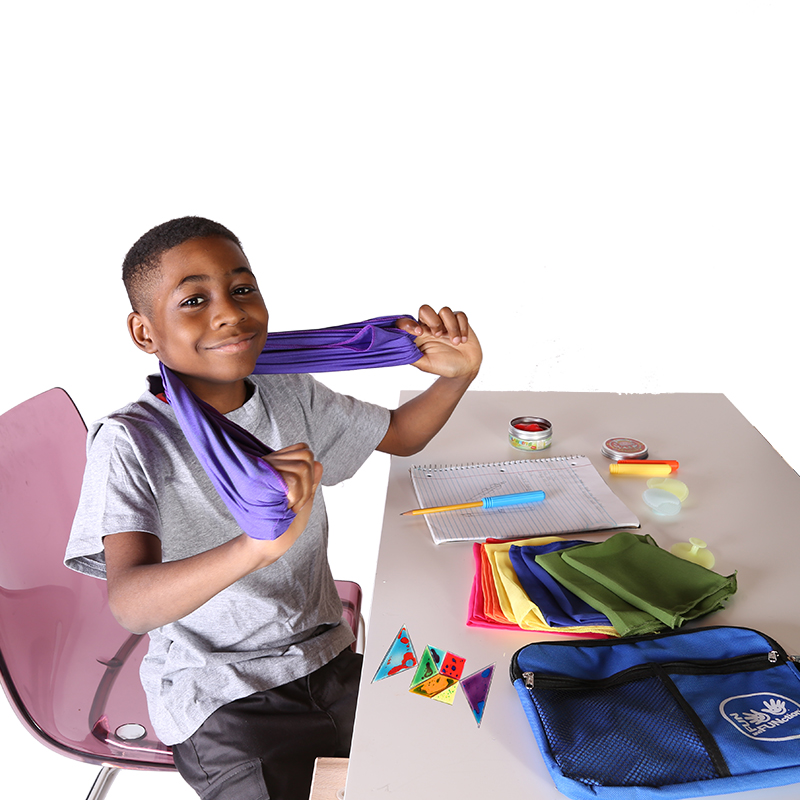


Comments